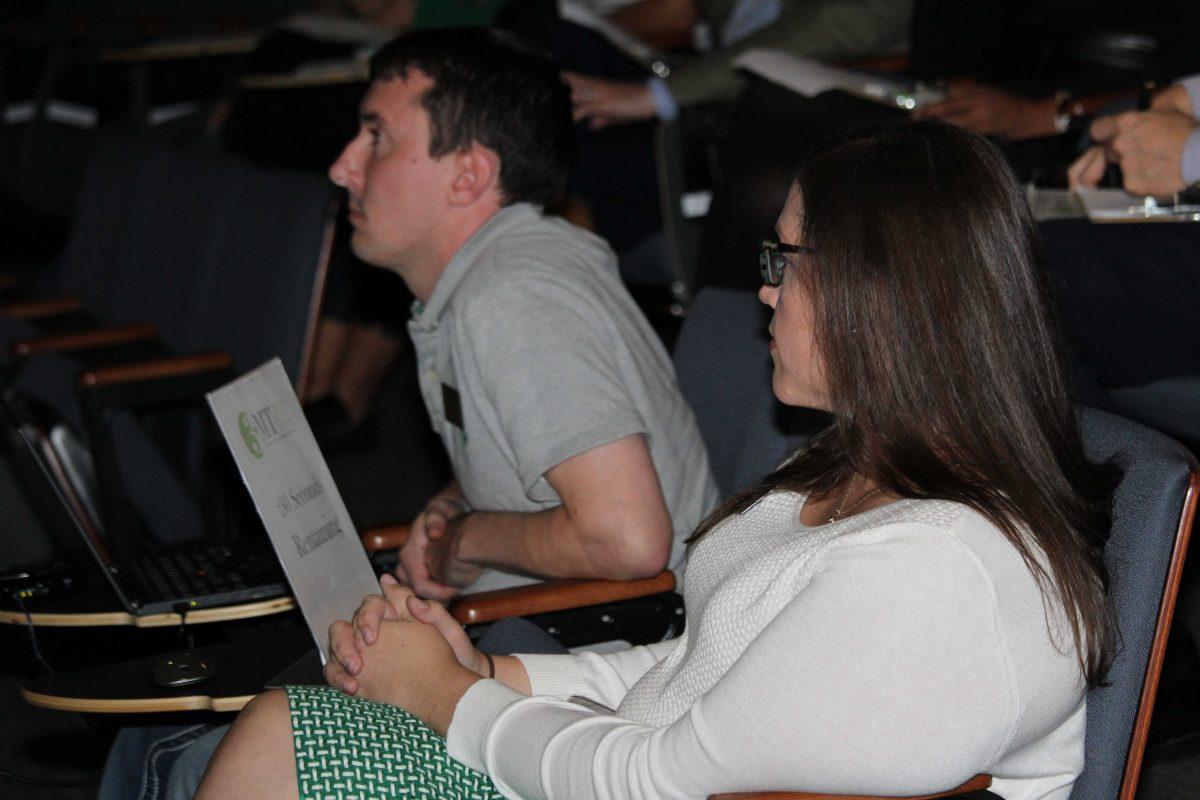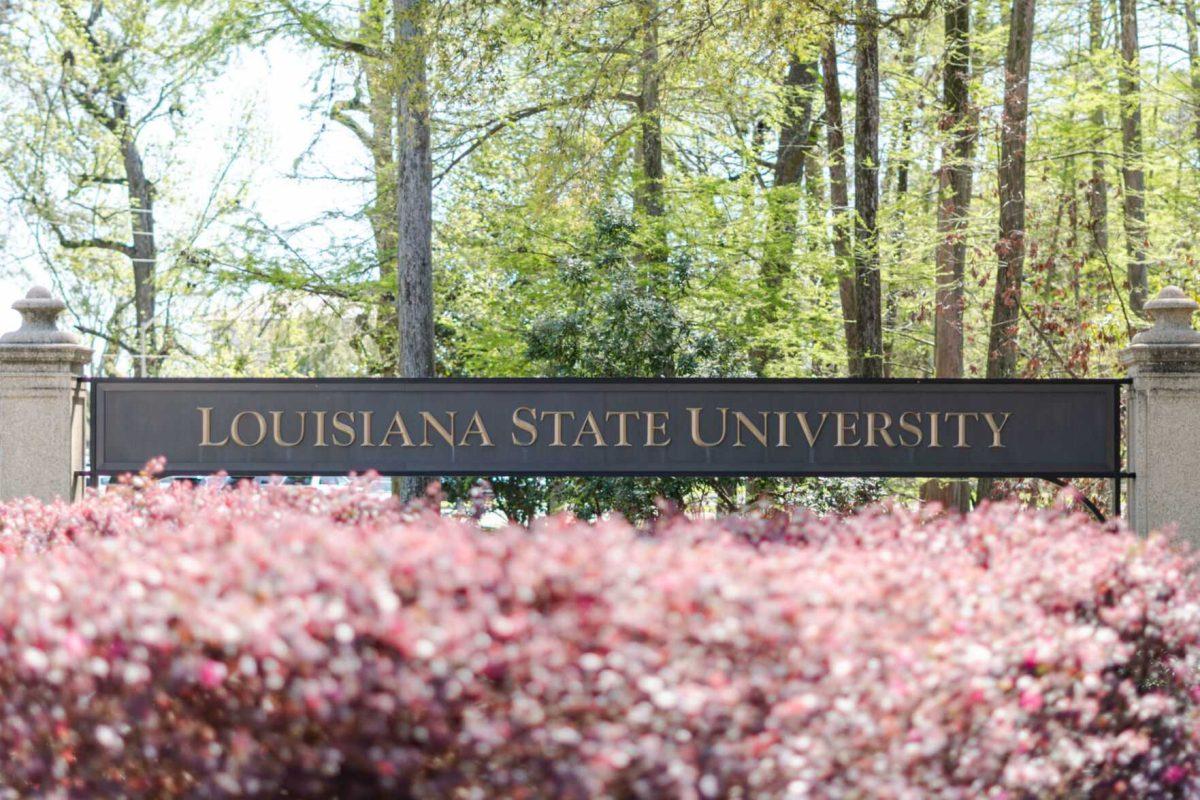Graduate students’ skills are being put to the test in a special event put on by the University. The Three Minute Thesis competition challenges graduate students to take research they have conducted in their various fields and condense it to communicate in short, time-specific presentations.
The Three Minute Thesis competition took place on Nov. 9 in the Digital Media Arts and Engineering auditorium. Associate Dean of the University’s Graduate School Sean Lane oversaw the event.
“It was actually a competition a few years ago, in 2014, that was started by the former dean of the Graduate School, Gary Byerly,” Lane said. “There’s been a changeover, so the current dean is Michelle Massé, and she started last year, so there was a lag for a year.”
Lane began work at the University in January, and one of the first trips he made as a University dean was to the Conference of Southern Graduate Schools, where the regional competition of the Three Minute Thesis was held. Seeing this event prompted him to return and pitch to faculty the idea of holding a competition at the University, Lane said.
The Three Minute Thesis competition began in Australia at the University of Queensland in 2008. Rather than being a competition judging the actual research, this challenge tested graduate students to communicate their research in 180 seconds using only one static slide for presentation.
“The basic idea behind the Three Minute Thesis is that people take dissertations, which can be hundreds of pages long, and they distill it down to three minutes,” Lane said. “What’s more is that, as opposed to the typical academic presentation with lots of statistics … you’re speaking to a general audience.”
With faculty on board, the competition took place beginning Nov. 2 with the preliminary round. More than 40 graduate students from various fields competed and were judged, and then the top nine were selected to move on to the final round on Nov. 9.
Of the top nine selected, three were awarded at the Nov. 9 competition. Julie Butler of biological sciences won $1,000 for first place, Kendall Valentine Cole of oceanography and coastal sciences won $750 for second place and Valerie Feathers of geography and anthropology won $500 for the People’s Choice Award. Butler will move on to compete in the regional competition in Annapolis, Maryland, in March.
Another event in which graduate students will be able to test their communication skills is the upcoming Dissertation Haiku Poetry Slam. Rather than an academic presentation, graduate students are challenged to take their final research projects and turn those into a haiku. The event will take place at 5 p.m. on Nov. 29 at Schlittz & Giggles and is hosted by the University’s McElveen Professor in English, Laura Mullen.
“There’s an educational component, as well as a competitive component,” Lane said. “Ultimately, part of why I think it’s important [is that] you’re working through your graduate work, and you get really down deep in the details, and you kind of lose sight in terms of why it’s important. I think we … need to do a better job of explaining why people should care.”
Graduate students compete to communicate dissertations in under 3 minutes
By CJ Carver
November 22, 2016
Grad Students
More to Discover









